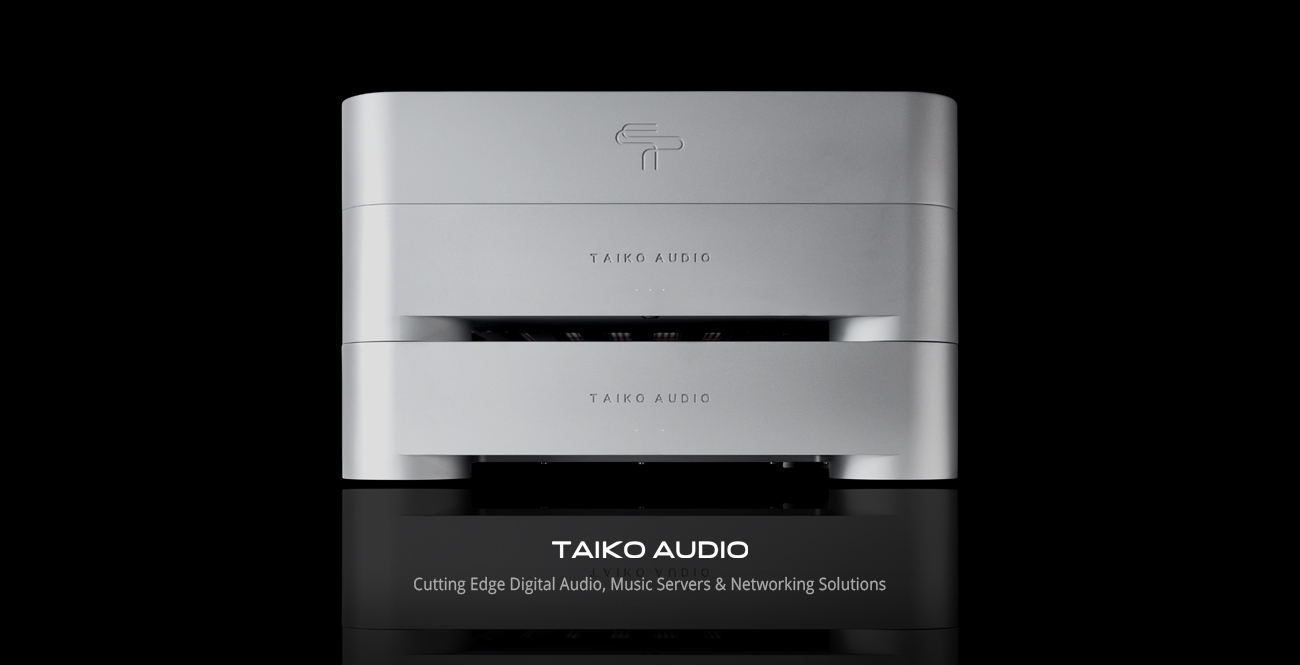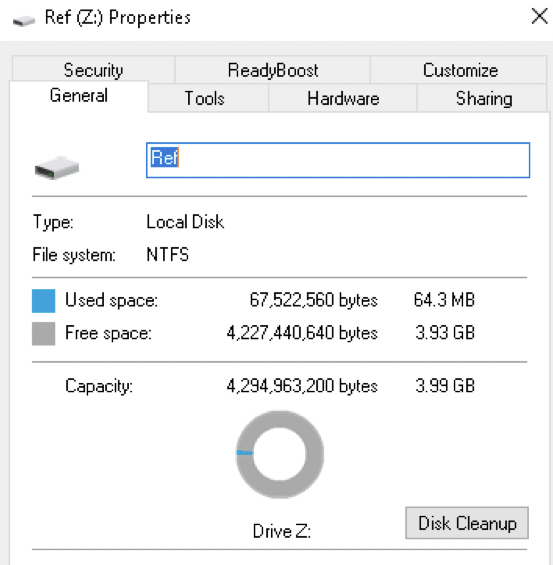SO QUESTION: The Taiko team has made a number of hardware and (it seems now even more) software design choices that have resulted in significant improvements in playback quality. Curious about how the choices between options are decided? Are they made strictly from subjective (individual or group) listening sessions? With the same or various systems/rooms? Or are some objective measurements also included in the decision?
We do indeed have quite a number of design projects in progress, some nearing completion and some scheduled to start. It will take us well into 2025 before we have completed all, and likely there will be new projects. Right now we have 9 hardware design projects running and/or scheduled to start in the next few months pending engineering capacity availability, which we have not disclosed anything about (and not going to on short notice either). We have finished the 5th switch design iteration which went into presale now, we will add the 4th switch design as well because we can offer it at almost half the price. The CPU direct to A or D interface card and the Router are launching in the next few months, as well as the Battery Power Supply which is more then just a Battery Power Supply as it has quite an advanced regulator section which is also employed in the "5th gen", or "Big Switch", lowering overall noise levels to below what Linear Power Supplies are capable of, we will provide more detail on all of that when the time comes. We're pulling an additional new project to the front of the queue, we actually had not scheduled capacity for yet being the design of interface cards for use with alternative interfaces, like MSB Pro ISL, other forms of I2S and probably dual AES/EBU.
Next to this we have the software projects. Edward, Wilson, Christiaan and the others some of which you've met on Discord are working on XDMS, I expect this will keep running for years. Meanwhile I'm working with 2 other software design times on remote hardware control, firmware, drivers and even new protocols we're designing from scratch for audio streaming.
Listening remains part of it, but to a lesser extend, as we are at a stage were we actually have a very good understanding of what defines sound quality and all the mechanisms affecting it. Listening is now largely validation / confirmation of new designs. Listening was much more important, even critical in earlier stages of our "evolution" when we were in full on "trial&error" mode, there is not much of that left today. In stead we are now actively engineering new designs from scratch to solve the issues we've uncovered, as we've definitely reached the limits of what is achievable with clever combining existing "off the shelf" circuit designs or building blocks.



